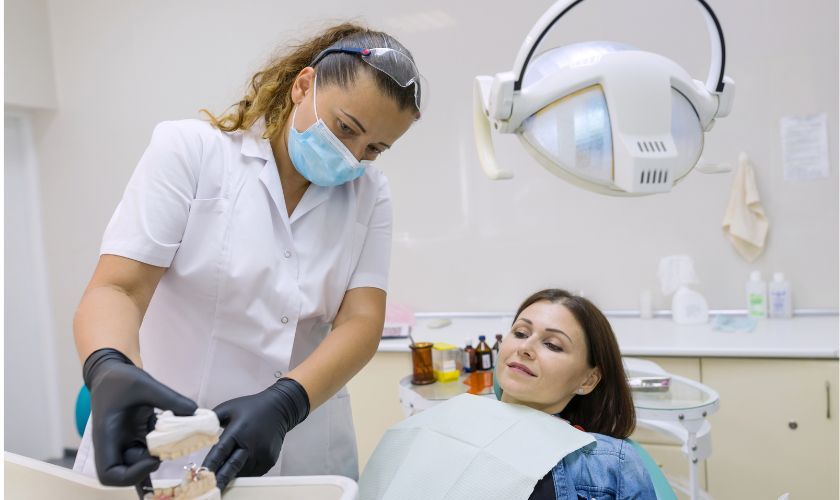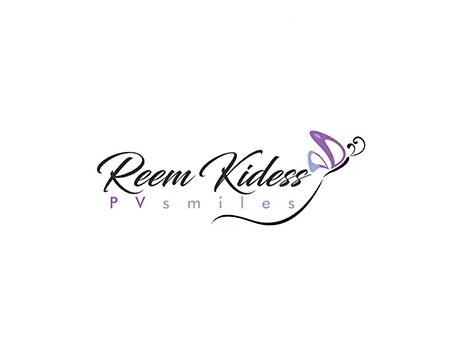Sedation Dentistry and Dental Phobia: Empowering Patients to Overcome Fear

Dental visits are an essential part of maintaining oral health, yet for some individuals, the thought of sitting in the dentist's chair triggers an overwhelming sense of fear and anxiety. Dental phobia, also known as dentophobia, is a common concern that can prevent people from seeking necessary dental care. Fortunately, modern dentistry has evolved to address this issue through a practice known as sedation dentistry. In this article, we'll delve into the world of sedation dentistry and how it empowers patients to conquer their dental phobia and prioritize their oral health.
Understanding Dental Phobia:
Dental phobia is more than just a passing nervousness; it's a profound and irrational fear that can cause physical and emotional distress. The fear of pain, loss of control, or previous negative experiences are some of the factors that contribute to this phobia. Unfortunately, dental phobia often leads to avoidance behavior, resulting in neglected oral health and more severe dental problems over time.
The Role of Sedation Dentistry:
Sedation dentistry offers a solution for individuals with dental phobia by providing various levels of relaxation during dental procedures. Unlike general anesthesia, which renders a patient unconscious, sedation dentistry allows patients to remain awake and responsive while feeling deeply relaxed and at ease. Different types of sedation, such as nitrous oxide (laughing gas), oral sedatives, and intravenous (IV) sedation, cater to varying levels of anxiety.
Empowering Patients Through Sedation:
- Tailored Treatment Plans: Sedation dentistry begins with a thorough assessment of the patient's medical history and anxiety levels. This personalized approach ensures that the chosen sedation method aligns with the patient's needs and concerns.
- Overcoming Negative Associations: For individuals with traumatic dental experiences, sedation dentistry offers a chance to break the cycle of fear. By associating dental visits with positive, pain-free experiences, patients can gradually replace their anxieties with newfound confidence.
- Painless Procedures: One of the most significant benefits of sedation dentistry is pain management. Patients often report feeling minimal discomfort or no pain at all during procedures, which helps build trust and alleviate future fears.
- Time-Efficiency: Sedation dentistry enables dentists to complete multiple procedures in a single session, reducing the number of visits required. This can be especially helpful for patients who are apprehensive about repeated appointments.
- Restoring Oral Health: By overcoming dental phobia with the assistance of sedation, patients regain control over their oral health. Addressing dental issues promptly can prevent more extensive problems down the road.
Preparing for a Sedation Procedure:
Before undergoing a sedation procedure, patients receive detailed instructions from their dentist. These instructions may include fasting guidelines, transportation arrangements, and post-procedure care. Communication between the patient and Scottsdale dentist is crucial to ensure a safe and comfortable experience.
Conclusion:
Sedation dentistry serves as a beacon of hope for individuals grappling with dental phobia. By offering a path to conquer fear, regain control, and prioritize oral health, sedation dentistry empowers patients to break free from the shackles of anxiety. If you or someone you know is plagued by dental phobia, consider exploring the possibilities that sedation dentistry provides. Remember, your dental health is within your reach, and sedation dentistry is here to guide you toward a brighter, healthier smile.


